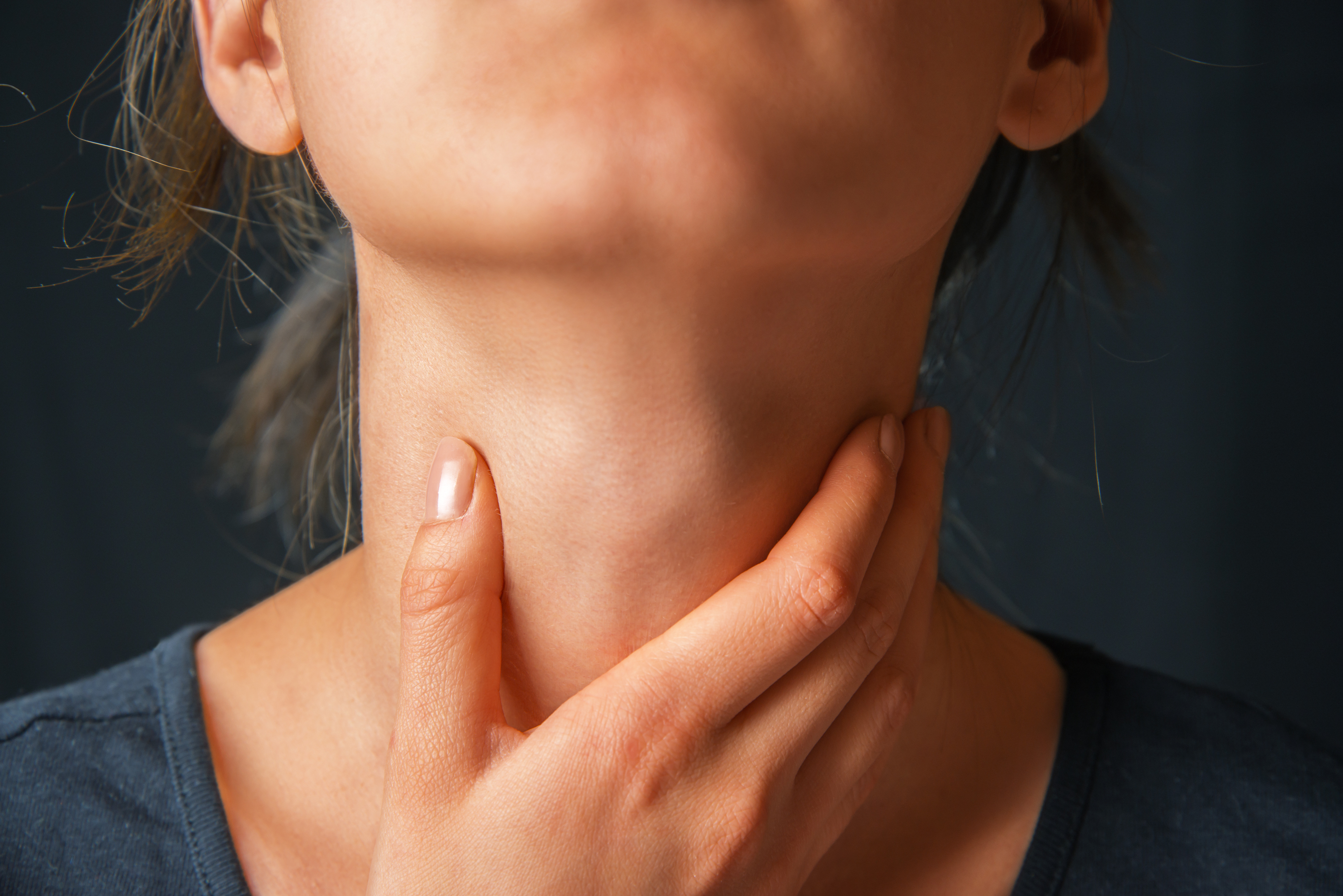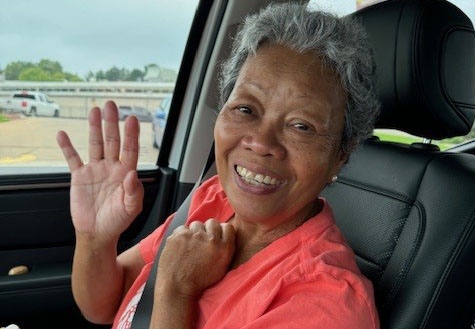- Diseases
- Acoustic Neuroma (14)
- Adrenal Gland Tumor (24)
- Anal Cancer (66)
- Anemia (2)
- Appendix Cancer (16)
- Bile Duct Cancer (26)
- Bladder Cancer (68)
- Brain Metastases (28)
- Brain Tumor (230)
- Breast Cancer (718)
- Breast Implant-Associated Anaplastic Large Cell Lymphoma (2)
- Cancer of Unknown Primary (4)
- Carcinoid Tumor (8)
- Cervical Cancer (154)
- Colon Cancer (164)
- Colorectal Cancer (110)
- Endocrine Tumor (4)
- Esophageal Cancer (42)
- Eye Cancer (36)
- Fallopian Tube Cancer (6)
- Germ Cell Tumor (4)
- Gestational Trophoblastic Disease (2)
- Head and Neck Cancer (6)
- Kidney Cancer (124)
- Leukemia (344)
- Liver Cancer (50)
- Lung Cancer (288)
- Lymphoma (284)
- Mesothelioma (14)
- Metastasis (30)
- Multiple Myeloma (98)
- Myelodysplastic Syndrome (60)
- Myeloproliferative Neoplasm (4)
- Neuroendocrine Tumors (16)
- Oral Cancer (100)
- Ovarian Cancer (170)
- Pancreatic Cancer (164)
- Parathyroid Disease (2)
- Penile Cancer (14)
- Pituitary Tumor (6)
- Prostate Cancer (144)
- Rectal Cancer (58)
- Renal Medullary Carcinoma (6)
- Salivary Gland Cancer (14)
- Sarcoma (236)
- Skin Cancer (296)
- Skull Base Tumors (56)
- Spinal Tumor (12)
- Stomach Cancer (60)
- Testicular Cancer (28)
- Throat Cancer (90)
- Thymoma (6)
- Thyroid Cancer (98)
- Tonsil Cancer (30)
- Uterine Cancer (78)
- Vaginal Cancer (14)
- Vulvar Cancer (18)
- Cancer Topic
- Adolescent and Young Adult Cancer Issues (20)
- Advance Care Planning (10)
- Biostatistics (2)
- Blood Donation (18)
- Bone Health (8)
- COVID-19 (362)
- Cancer Recurrence (120)
- Childhood Cancer Issues (120)
- Clinical Trials (628)
- Complementary Integrative Medicine (24)
- Cytogenetics (2)
- DNA Methylation (4)
- Diagnosis (230)
- Epigenetics (6)
- Fertility (64)
- Follow-up Guidelines (2)
- Health Disparities (14)
- Hereditary Cancer Syndromes (124)
- Immunology (18)
- Li-Fraumeni Syndrome (8)
- Mental Health (118)
- Molecular Diagnostics (8)
- Pain Management (62)
- Palliative Care (8)
- Pathology (10)
- Physical Therapy (18)
- Pregnancy (18)
- Prevention (898)
- Research (392)
- Second Opinion (74)
- Sexuality (16)
- Side Effects (604)
- Sleep Disorders (10)
- Stem Cell Transplantation Cellular Therapy (216)
- Support (404)
- Survivorship (322)
- Symptoms (184)
- Treatment (1776)
Leukemia teaches college student lessons beyond the classroom
4 minute read | Published March 17, 2017
Medically Reviewed | Last reviewed by an MD Anderson Cancer Center medical professional on March 17, 2017
Like many students, Jasmine Ross started her junior year diving into new classes and projects, but in February 2011, the Texas A&M University-Corpus Christi theater student was forced to shift her attention.
At first, Jasmine thought she had the flu. But after a month of watching Jasmine’s health deteriorate, classmates took her to the emergency room, where bloodwork revealed a far more serious diagnosis: acute myeloid leukemia (AML).
“I was so frightened,” she says. “You don’t ever think that this could happen to you. You think, I’m young, I’m relatively healthy, I’m a college student – whatever -- and then you get diagnosed and your world just completely flips.”
Acute myeloid leukemia treatment at MD Anderson
After an emergency transfusion, doctors in Corpus Christi transferred Jasmine to MD Anderson. She met with Hagop M. Kantarjian, M.D., who told her he had a son her age. “Right then, there was a special connection,” Jasmine says.
Kantarjian recommended a Phase II clinical trial for a new chemotherapy cocktail. Jasmine agreed because her cancer was aggressive, and she was in critical condition. Plus, the clinical trial offered the best chance for remission. The first of her seven rounds of chemotherapy put Jasmine into remission, but the side effects manifested quickly.
“I noticed my hair would slowly fall out, even without me brushing it,” she says. “I tried to tell myself, don’t brush it, don’t wash it. And then one day I woke up and wiped tears from my eyes, and I said, OK, it’s time, I need to shave it off.”
Jasmine got her head shaved, bought a wig and pushed herself to reframe her mindset.
“I kept thinking to myself that I don’t have a strong immune system, stress makes it worse and being depressed makes it worse, so I chose to be positive,” she says. “I woke up and chose to be grateful about something – even if it was thank God I am still here today, or thank goodness today didn’t suck as much as yesterday.”
And on the days her emotions still managed to get the best of her, she let them be.
“The important thing is to cry it out, pick yourself up and fight,” Jasmine says.
Ready to mark the end of leukemia treatment
At the end of Jasmine’s seventh round of chemotherapy, Kantarjian put her on six rounds of maintenance chemotherapy, which she received in Corpus Christi. Afterwards, she started another six rounds to make sure all of her cancer was gone.
On Feb. 18, 2013, Jasmine returned to MD Anderson for a bone marrow aspiration – and a reason to celebrate.
“I bought a survivor’s shirt, and I wore it. But I wore a jacket over it just in case Dr. Kantarjian said I needed more chemotherapy,” she says. Fortunately, that didn’t happen.
“Dr. Kantarjian came in and said, ‘OK, everything looks good,’ and I was so excited, I ripped off my jacket and I was like, ‘Yeah!’” she says.
Officially done with her treatment, Jasmine returned to Corpus Christi with her eyes set on a new goal: graduation. In 2014, she earned her degree in theater design.
Lessons learned from cancer
Jasmine doesn’t often talk about cancer, mainly because she isn’t sure if people want to know her story.
“I still have port scars, I still have my PICC line scars. I’m not ashamed of them; I embrace them,” she says. “They’re marks of a warrior. The scars remind you that you survived what tried to kill you.”
This may be why she feels a connection to others who bear the same scars, especially other people her age.
“It makes you realize that you’re not alone. You’re not the first person that’s ever been diagnosed, nor unfortunately will you be the last,” she says. “It makes you realize that you have a bigger support system than you could imagine.”
And though cancer forced her to mature a faster than she expected, it’s taught her that not everything goes according to plan.
“You just have to laugh, say alright and play the best hand you’re dealt with,” she says. "Be strong, be kind, have faith that it'll all work out, but most of all have courage and fight. And know that you're not alone."
Request an appointment at MD Anderson online or by calling 1-833-900-1416.
Related Cancerwise Stories

The scars remind you that you survived what tried to kill you.
Jasmine Ross
Survivor





